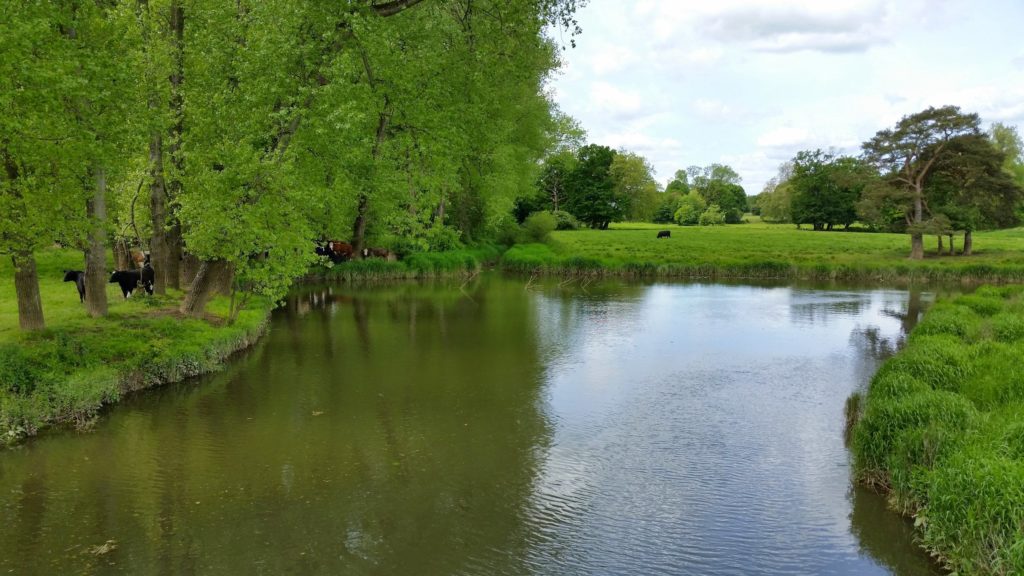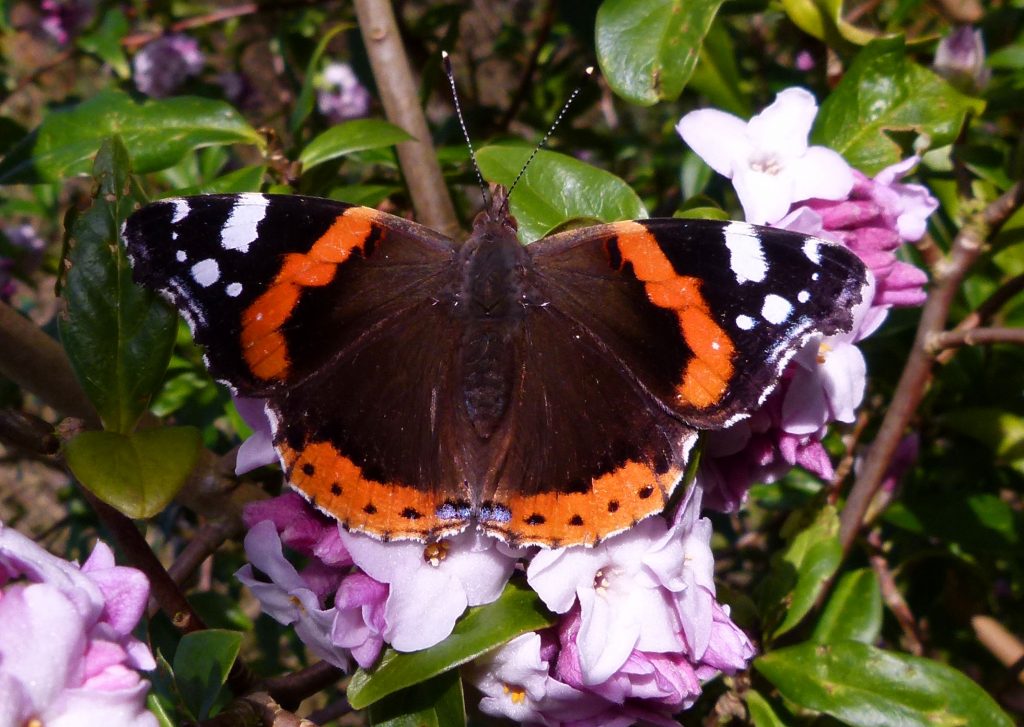The Guardian, Sky News, and Daily Mail report seventy years ago, visitors to the countryside were warned in rhyme that the farmer would “frown” on “lad or lass who treads his crops, or tramples grass”. Now the revised Countryside Code will encourage the unprecedented number of domestic holidaymakers to “be nice, say hello, share the space” and “make a memory” when they visit parks, coasts, woods and farmland this summer.
The new guidance – the first major revision to the code for more than a decade – asks visitors to stay on footpaths, keep their dogs “under control and in sight”, clear up dog poo, and “take care with BBQs”.


